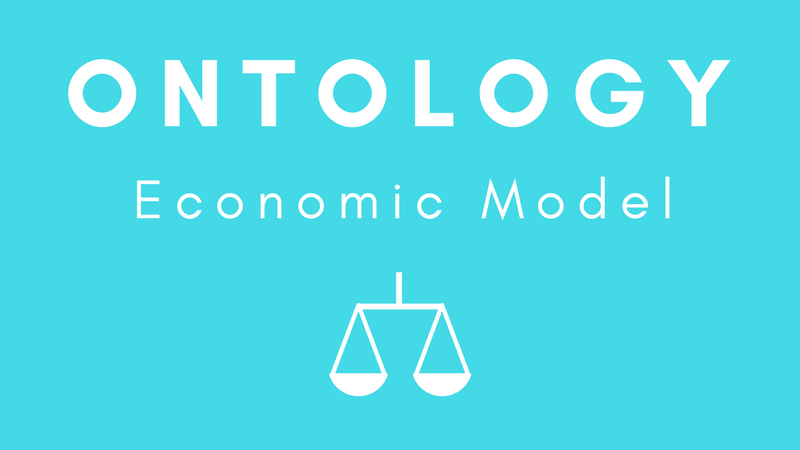From Lars Syll Using ‘simplifying’ tractability or ‘heuristic’ assumptions — rational expectations, common knowledge, representative agents, linearity, additivity, ergodicity, etc — because otherwise they cannot ‘manipulate’ their models or come up with ‘rigorous ‘ and ‘precise’ predictions and explanations, does not exempt economists from having to justify their modelling choices. Being able to ‘manipulate’ things in models cannot per se be enough to warrant a methodological choice. If economists do not think their tractability assumptions make for good and realist models, it is certainly a just question to ask for clarification of the ultimate goal of the whole modelling endeavour. Take for example the ongoing discussion on rational expectations as a modelling assumption. Those who
Topics:
Lars Pålsson Syll considers the following as important: Uncategorized
This could be interesting, too:
tom writes The Ukraine war and Europe’s deepening march of folly
Stavros Mavroudeas writes CfP of Marxist Macroeconomic Modelling workgroup – 18th WAPE Forum, Istanbul August 6-8, 2025
Lars Pålsson Syll writes The pretence-of-knowledge syndrome
Dean Baker writes Crypto and Donald Trump’s strategic baseball card reserve
from Lars Syll
 Using ‘simplifying’ tractability or ‘heuristic’ assumptions — rational expectations, common knowledge, representative agents, linearity, additivity, ergodicity, etc — because otherwise they cannot ‘manipulate’ their models or come up with ‘rigorous ‘ and ‘precise’ predictions and explanations, does not exempt economists from having to justify their modelling choices. Being able to ‘manipulate’ things in models cannot per se be enough to warrant a methodological choice. If economists do not think their tractability assumptions make for good and realist models, it is certainly a just question to ask for clarification of the ultimate goal of the whole modelling endeavour.
Using ‘simplifying’ tractability or ‘heuristic’ assumptions — rational expectations, common knowledge, representative agents, linearity, additivity, ergodicity, etc — because otherwise they cannot ‘manipulate’ their models or come up with ‘rigorous ‘ and ‘precise’ predictions and explanations, does not exempt economists from having to justify their modelling choices. Being able to ‘manipulate’ things in models cannot per se be enough to warrant a methodological choice. If economists do not think their tractability assumptions make for good and realist models, it is certainly a just question to ask for clarification of the ultimate goal of the whole modelling endeavour.
Take for example the ongoing discussion on rational expectations as a modelling assumption. Those who want to build macroeconomics on microfoundations usually maintain that the only robust policies are those based on rational expectations and representative actors models. As yours truly has tried to show in On the use and misuse of theories and models in mainstream economics there is really no support for this conviction at all. If microfounded macroeconomics has nothing to say about the real world and the economic problems out there, why should we care about it? The final court of appeal for macroeconomic models is not if we — once we have made our tractability assumptions — can ‘manipulate’ them, but the real world. And as long as no convincing justification is put forward for how the inferential bridging de facto is made, macroeconomic modelbuilding is little more than hand-waving that gives us rather a little warrant for making inductive inferences from models to real-world target systems.
Mainstream economists construct closed formalistic-mathematical theories and models for the purpose of being able to deliver purportedly rigorous deductions that may somehow be exportable to the target system. By analyzing a few causal factors in their ‘laboratories’ they hope they can perform ‘thought experiments’ and observe how these factors operate on their own and without impediments or confounders.
Unfortunately — as yours truly argues in The Poverty of Fictional Storytelling in Mainstream Economics — this is not so. The reason for this is that economic causes never act in a socio-economic vacuum. Causes have to be set in a contextual structure to be able to operate. This structure has to take some form or other, but instead of incorporating structures that are true to the target system, the settings made in economic models are rather based on formalistic mathematical tractability. In the models, they often appear as unrealistic ‘tractability’ assumptions, usually playing a decisive role in getting the deductive machinery to deliver precise’ and ‘rigorous’ results. This, of course, makes exporting to real-world target systems problematic, since these models – as part of a deductivist covering-law tradition in economics – are thought to deliver general and far-reaching conclusions that are externally valid. But how can we be sure the lessons learned in these theories and models have external validity when based on highly specific unrealistic assumptions? As a rule, the more specific and concrete the structures, the less generalizable the results. Admitting that we in principle can move from (partial) falsehoods in theories and models to truth in real-world target systems does not take us very far unless a thorough explication of the relation between theory, model and the real-world target system is made. To have a deductive warrant for things happening in a closed model is no guarantee for them being preserved when applied to an open real-world target system.
If the ultimate criteria for the success of a deductivist system are to what extent it predicts and coheres with (parts of) reality, modern mainstream economics seems to be a hopeless misallocation of scientific resources. To focus scientific endeavours on proving things in models is a gross misapprehension of what an economic theory ought to be about. Real-world economic systems do not conform to the restricted closed-system structure the mainstream modelling strategy presupposes.
What is wrong with mainstream economics is not that it employs models per se. What is wrong is that it employs poor models. They — and the tractability assumptions on which they to a large extent build on — are poor because they do not bridge to the real-world target system in which we live.
